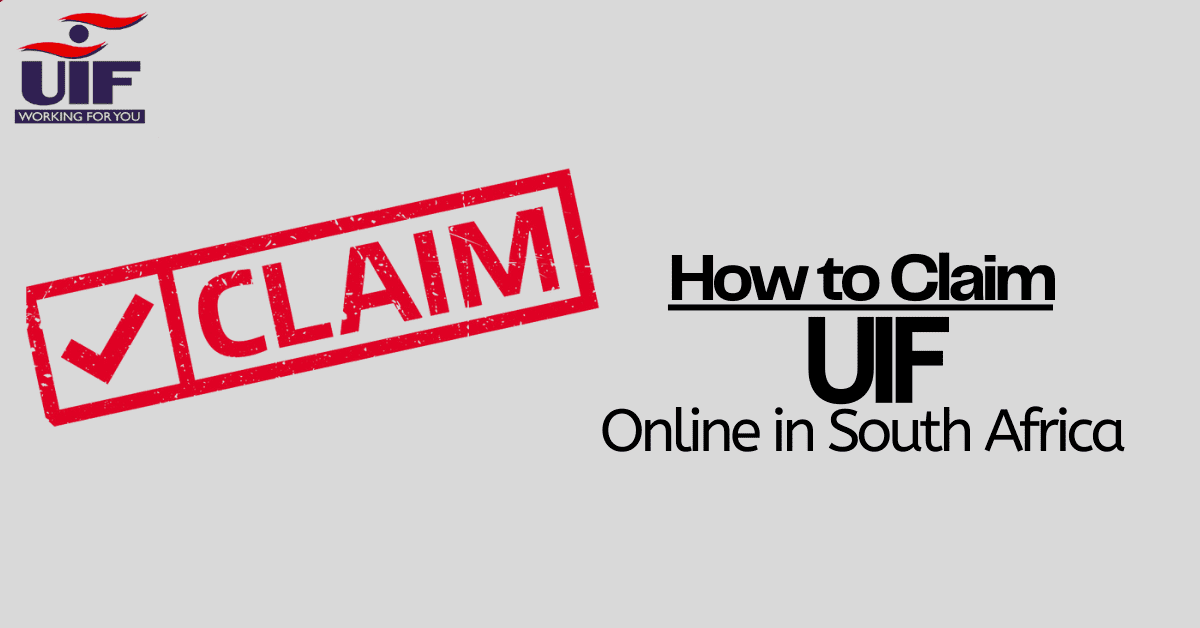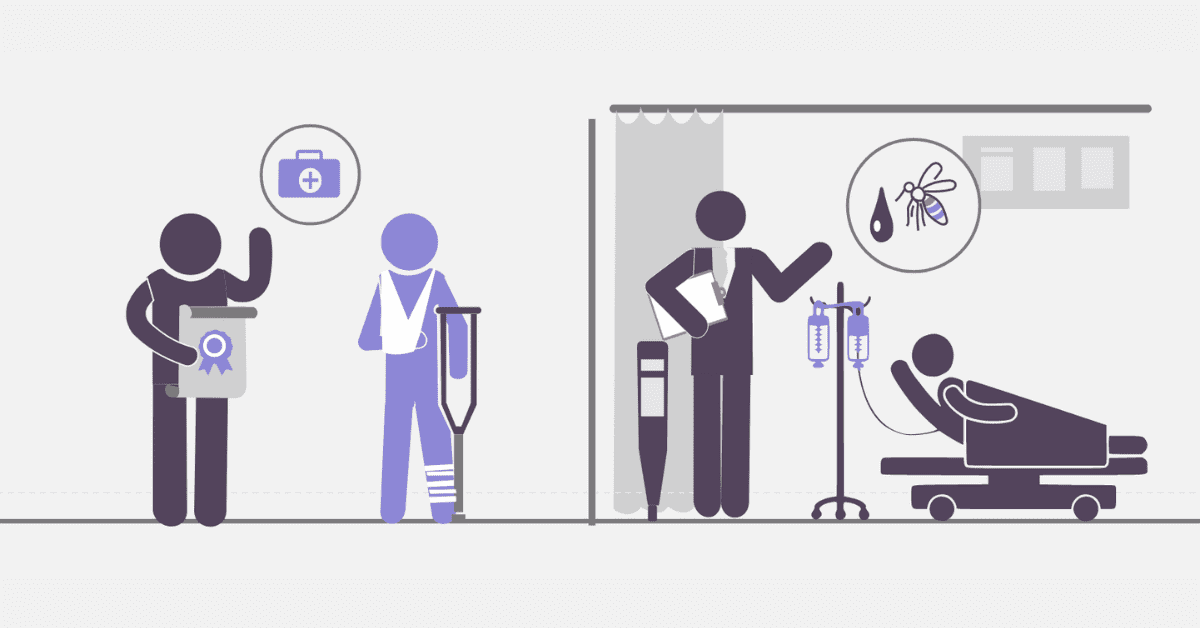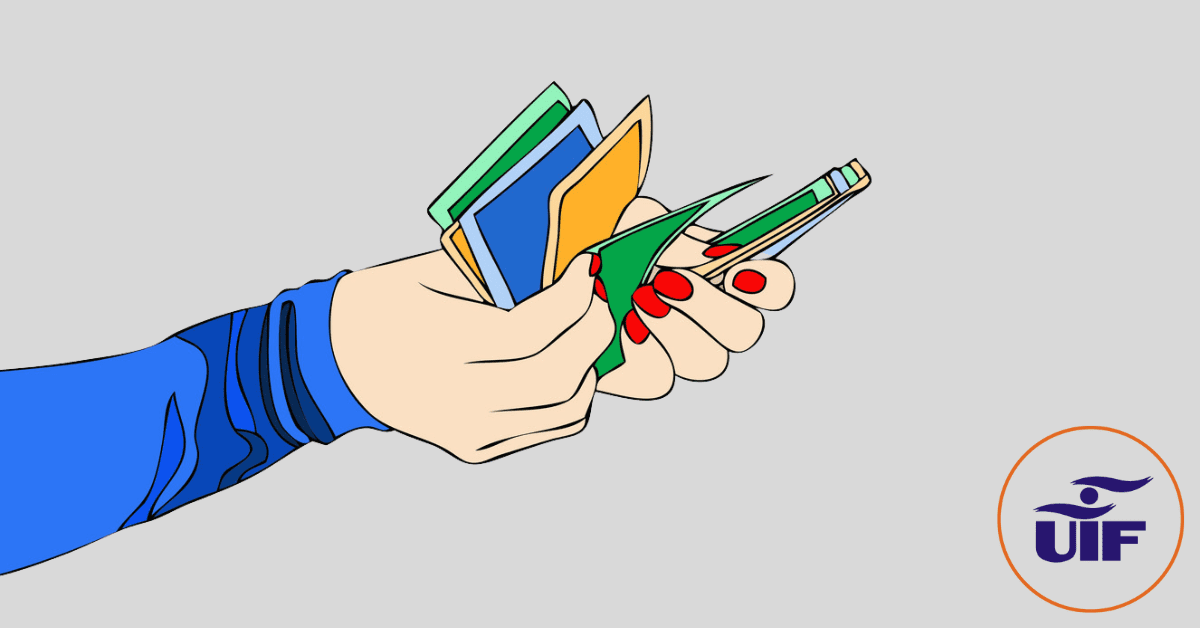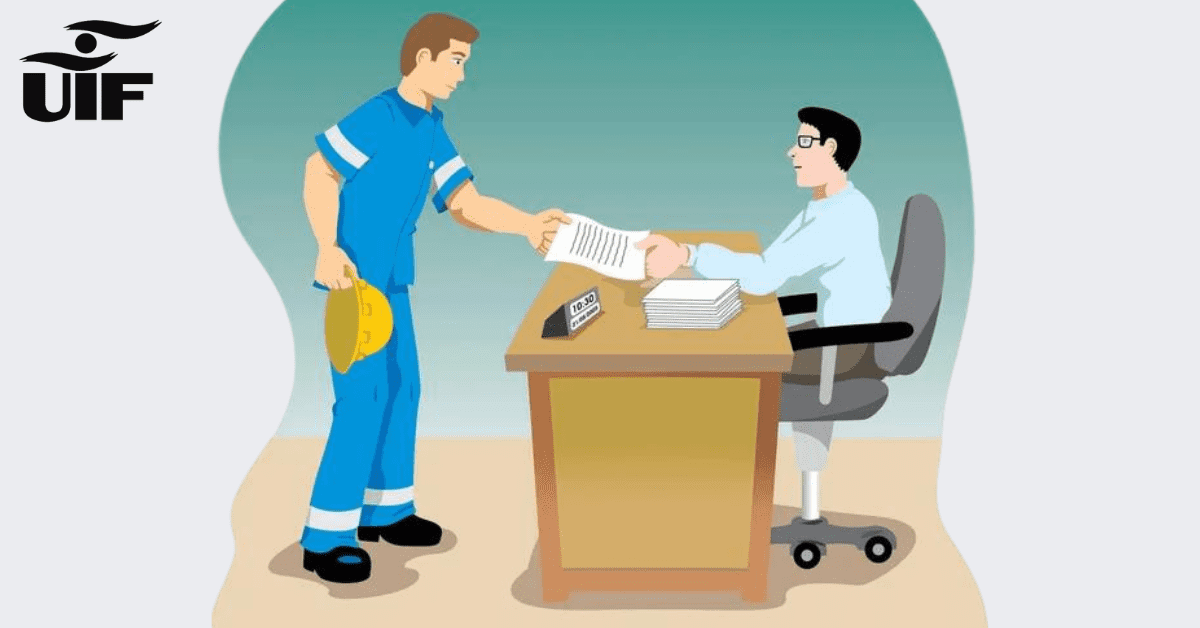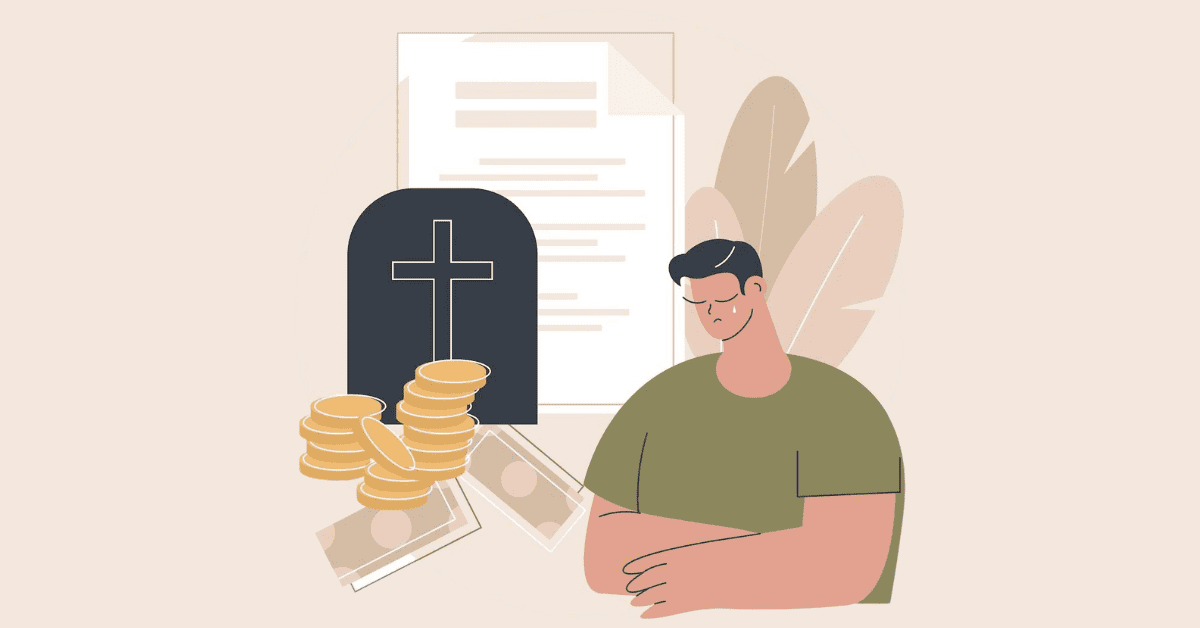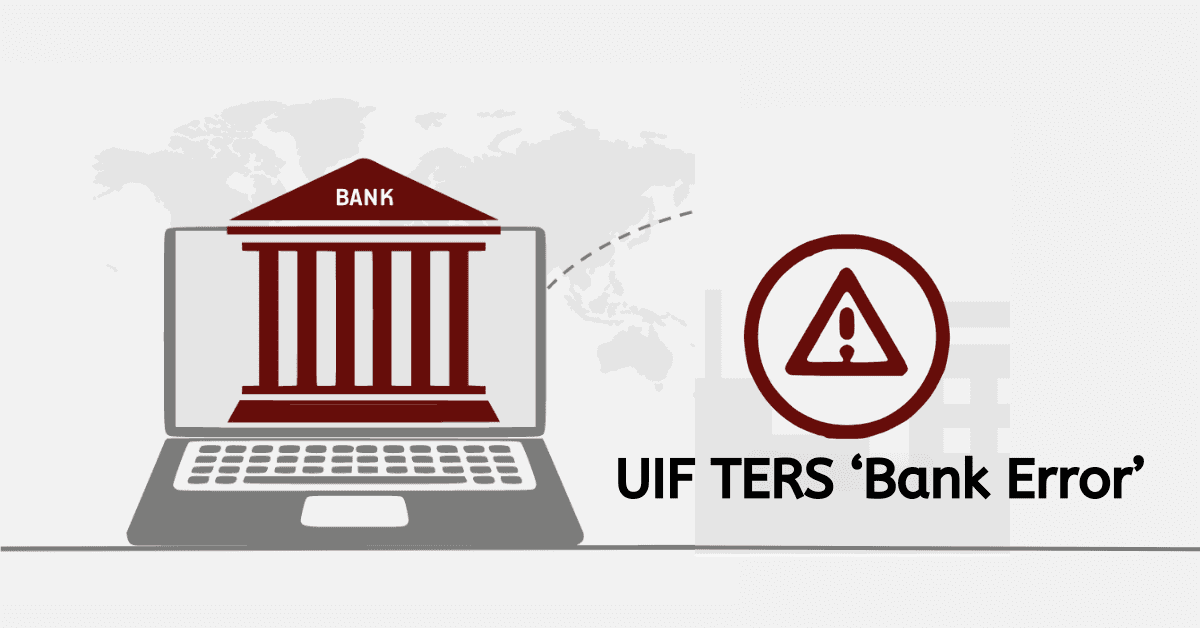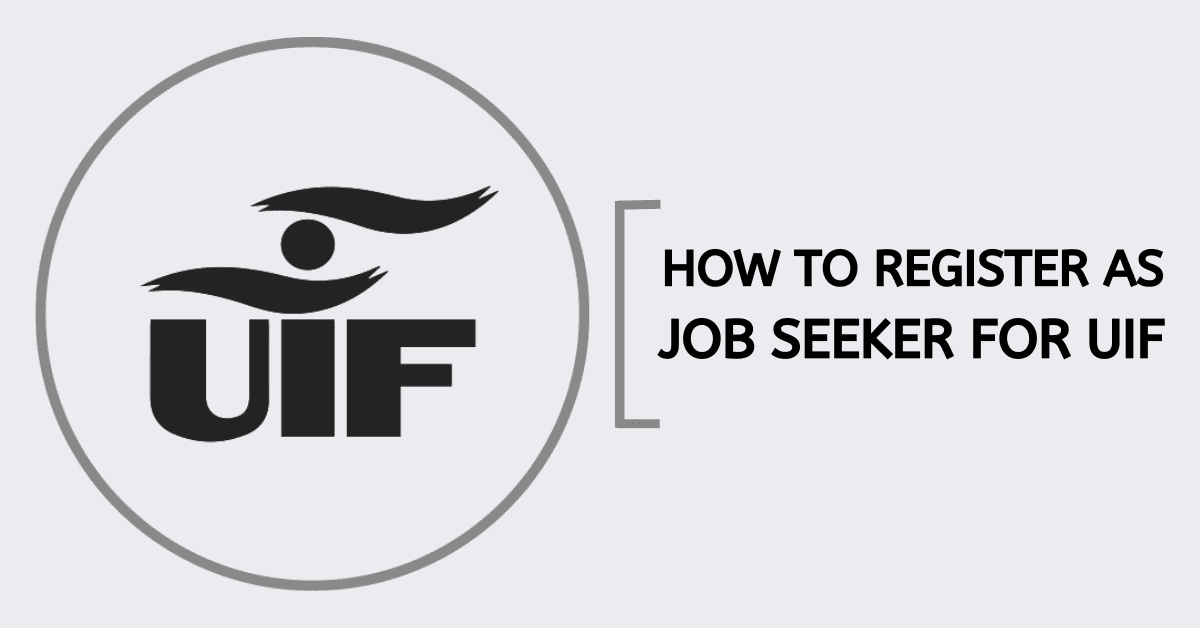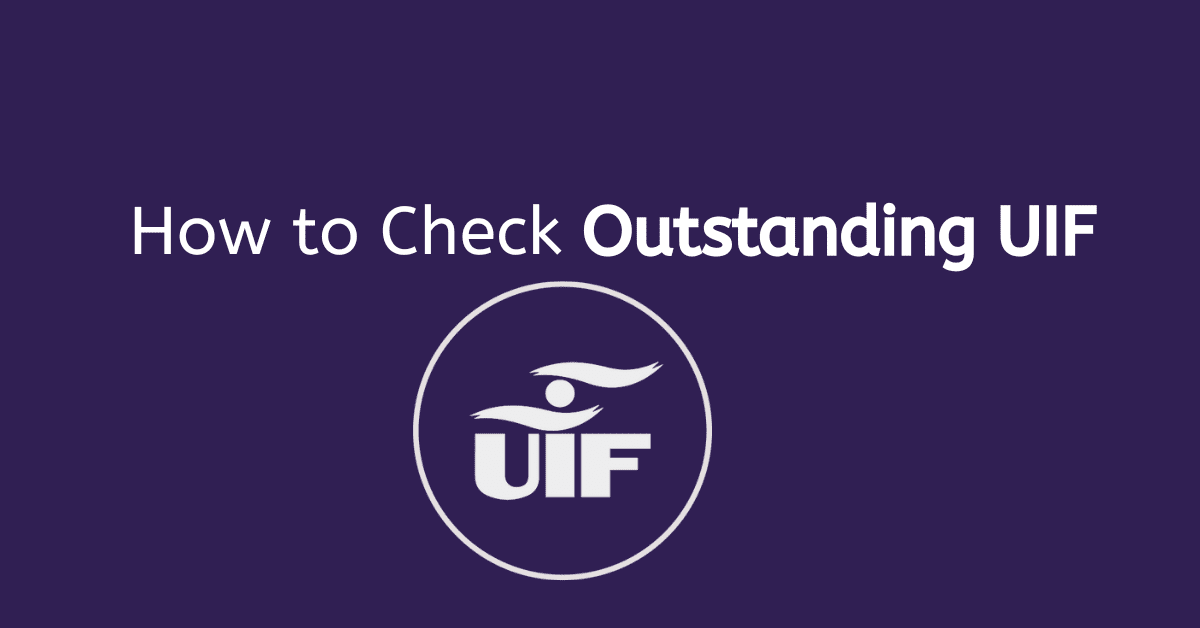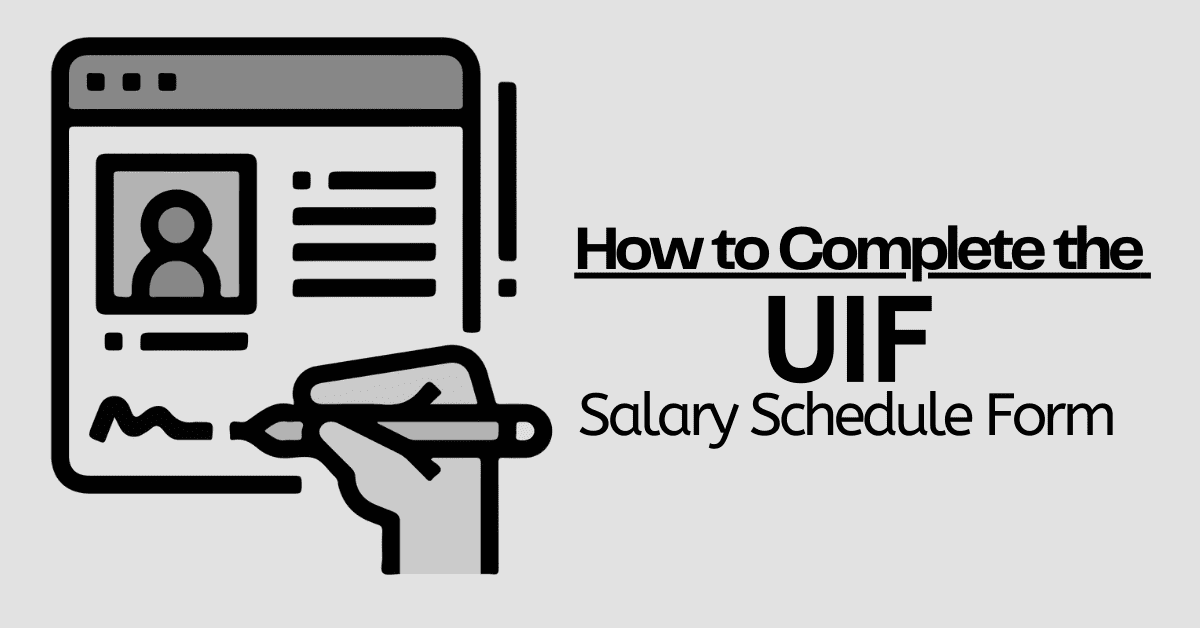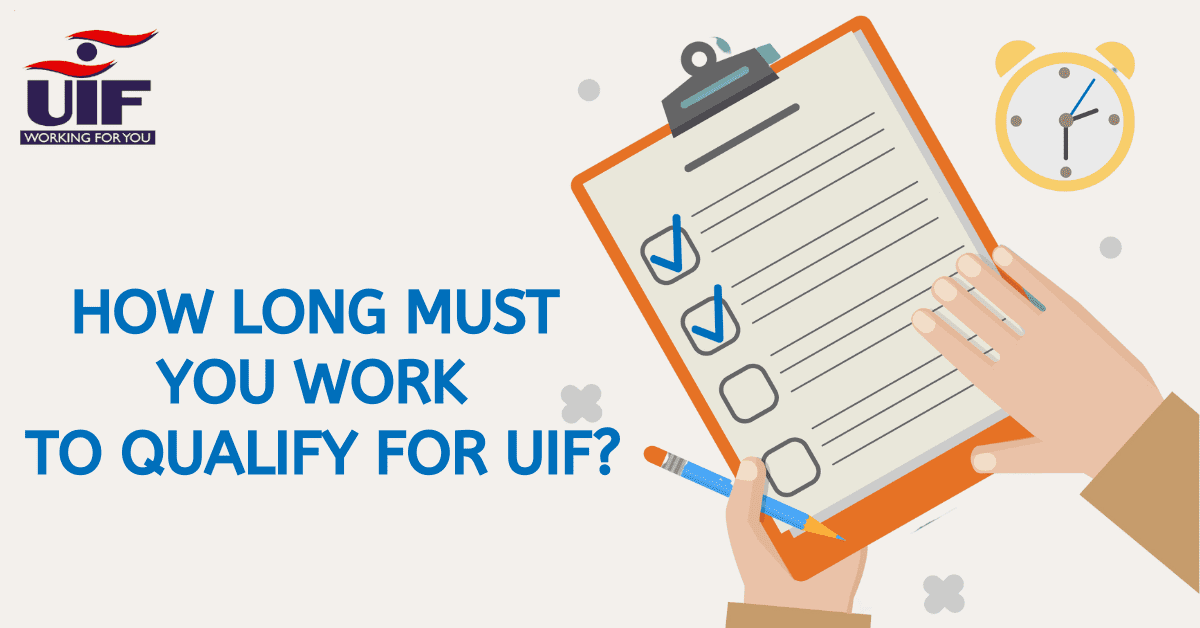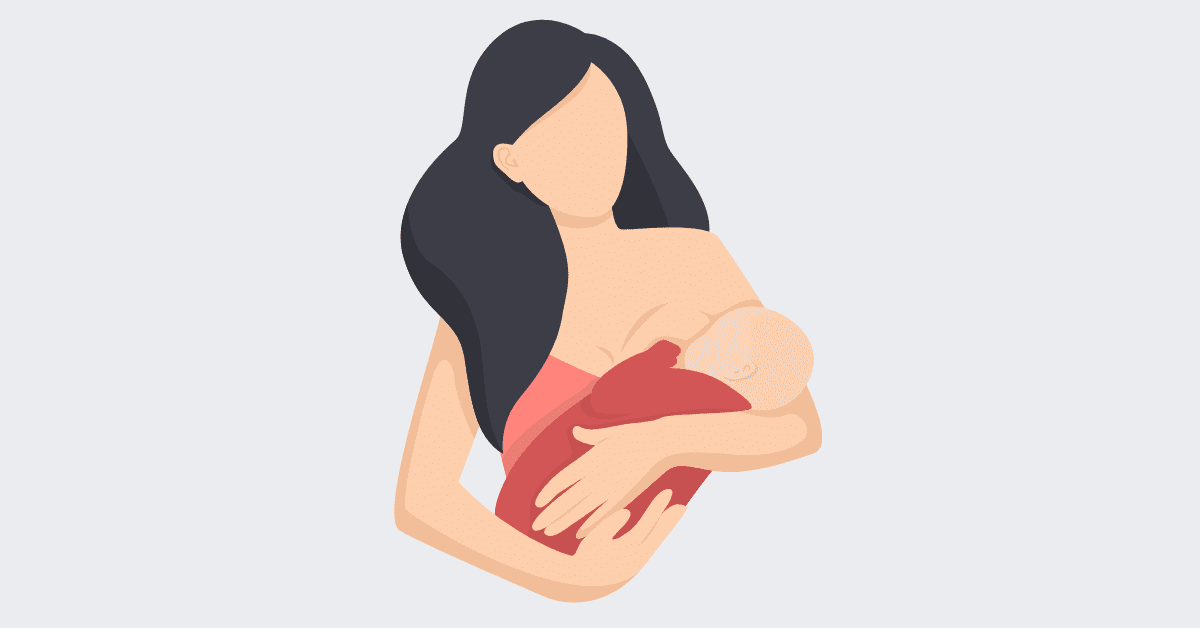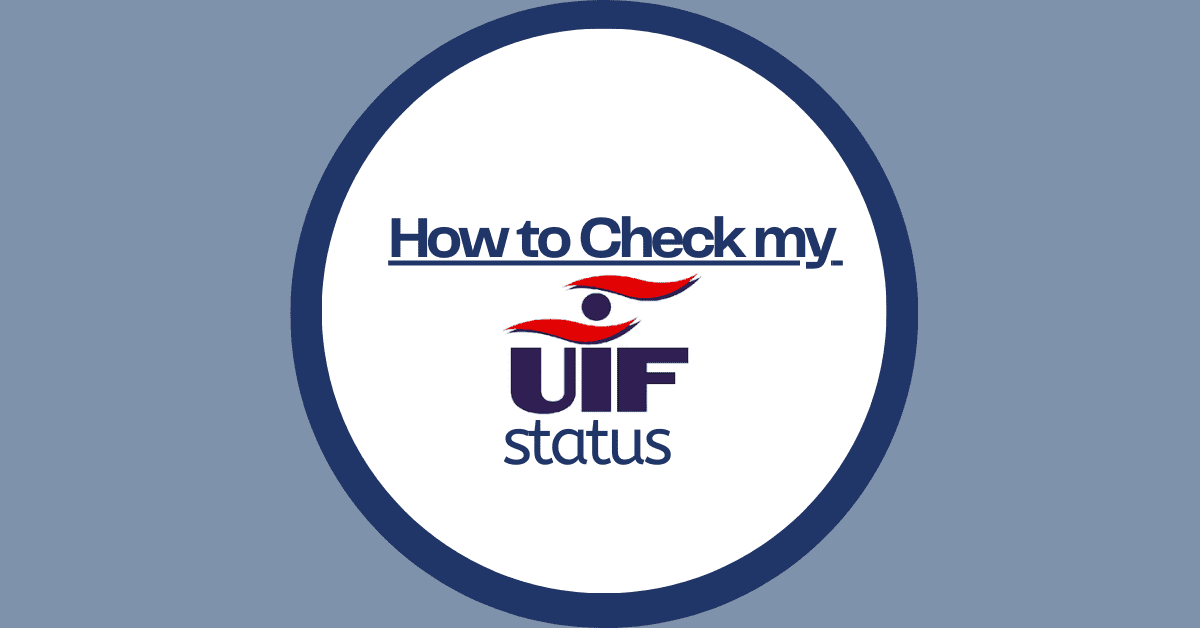Unemployment Insurance Fund (UIF) payments are an essential source of financial support for many South Africans who have lost their jobs. However, applying for and receiving UIF payments can be confusing, and many have questions about how long it takes for Paymaster to pay out UIF claims.
This blog post will overview the UIF payment process, explain what “Paymaster close” means, and answer some of the most common questions about how long UIF takes to pay out for the first time.
How Long Does PayMaster Take To Pay UIF
Regarding UIF payments, Paymaster is often the preferred method for employers and employees. However, it can take some time for a UIF payment to reflect in your account. The timeframe for a Paymaster payment will depend on the complexity of your UIF claim and the compliance process set by the Department of Labour.
When submitting a claim through Paymaster, the UIF system will first need to assess the claim and then transfer the funds. This process can take up to 10 working days, but it may be longer, depending on the workload of the UIF office. In addition, you must resubmit a claim with the necessary corrections if a claim is rejected.
It is important to remember that if your claim is accepted, the UIF system will update your status to “PayMaster Close.” This update means the funds have been transferred, and you should expect to see them in your account within a few days.
How Long Does A UIF Payment Take To Reflect?
A UIF payment can take less than ten days to reflect in your bank account, depending on the individual case.
For example, if the payment has been sent to Paymaster, the application was successful. The funds should take ten days to be credited to your bank account.
You can confirm the status of your claim through the MyUIF portal, which allows you to view all your claims, payments, and other related information. However, if you haven’t received your payment within the allocated timeframe, you should contact the UIF office directly for an update.
What Does It Mean When UIF Says PayMaster Close?
When the UIF says “PayMaster close,” it means that the processing of a UIF claim has been completed and that payment is about to be sent out. The PayMaster is the third-party administrator responsible for processing the payments on behalf of the UIF.
Once PayMaster closes a claim, it will typically take 3 to 4 days to release the money into the bank account linked to the claim. However, the exact time can vary depending on the payment method (for example, e-wallet or direct bank transfer) and other factors.
How Long Does UIF Take To Pay For The First Time?
The answer to this question relies on the individual and their circumstances. Generally, if an employee meets all the requirements for a successful UIF claim, the payment should take about ten days to be processed. The ten-day period is typically the time it takes for the Department of Labour to review your claim and process the payment.
It is important to note that you can’t expect UIF payments until all required documents have been submitted. Furthermore, some employers may take longer to provide the necessary documents or to sign the UIF forms. As a result, the payment could be further delayed.
Finally, once your claim has been approved and processed, PayMaster will deposit your UIF payment into your bank account. It usually takes 3 to 4 days for the funds to reflect in your account after PayMaster has made the payment.
How Do You Know If Your UIF Claim Has Been Processed?
To find out if your UIF claim has been processed, you can contact the UIF directly or go online to the UIF portal. When you go online, you will be able to see all of the information related to your claim, including whether or not it has been processed. You can also use UIF’s eServices to view the status of your application.
If you choose to contact the UIF directly, you can call their contact center and speak with an agent who can provide you with information regarding your claim. The agent should be able to tell you whether or not your application is being processed and provide additional details if necessary.
You can also find out if your UIF claim has been processed by checking your bank statement. All payments made by the UIF are transferred electronically and should appear on your statement within a few days after processing.
Finally, you can also check with the Paymaster responsible for sending payment from UIF on behalf of claimants. If you have any queries, they should be able to answer them and provide you with more information about your claim.
Conclusion
UIF payments are a vital resource for many people, and understanding how long it takes to receive these funds can be beneficial. On average, it can take up to 10 days for UIF to pay out and reflect in your account.
Paymaster is responsible for facilitating payments from UIF, which may take a few days to a week. The “Paymaster close” status indicates that your application has been approved and payment is on the way. Finally, to ensure your UIF claim has been processed, you can contact the UIF directly and inquire about the status of your claim.

